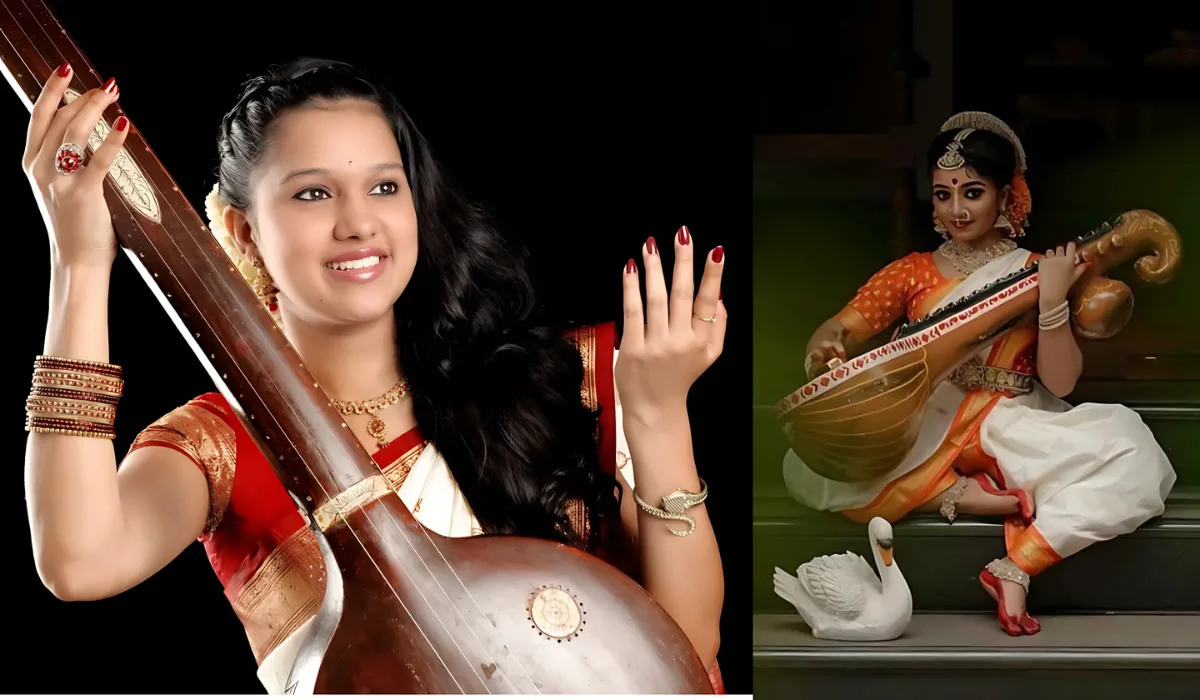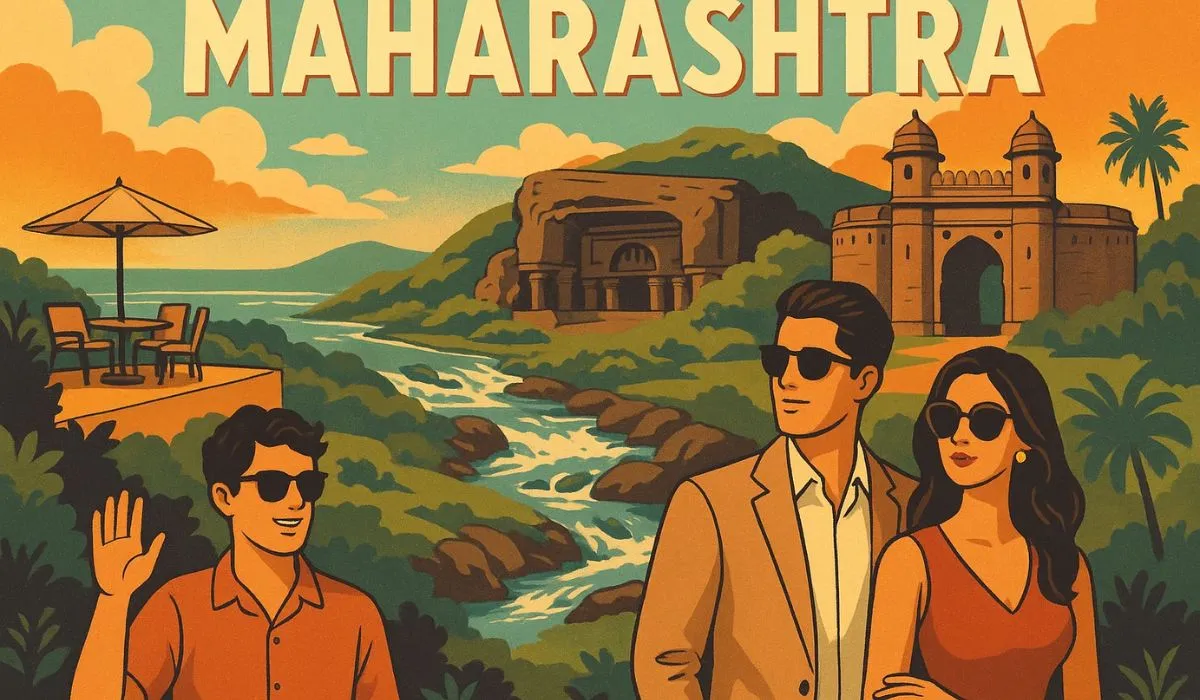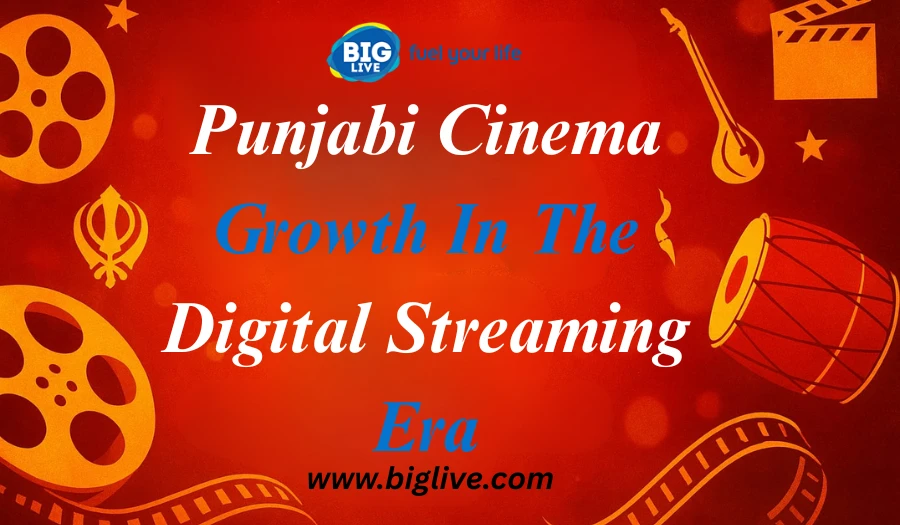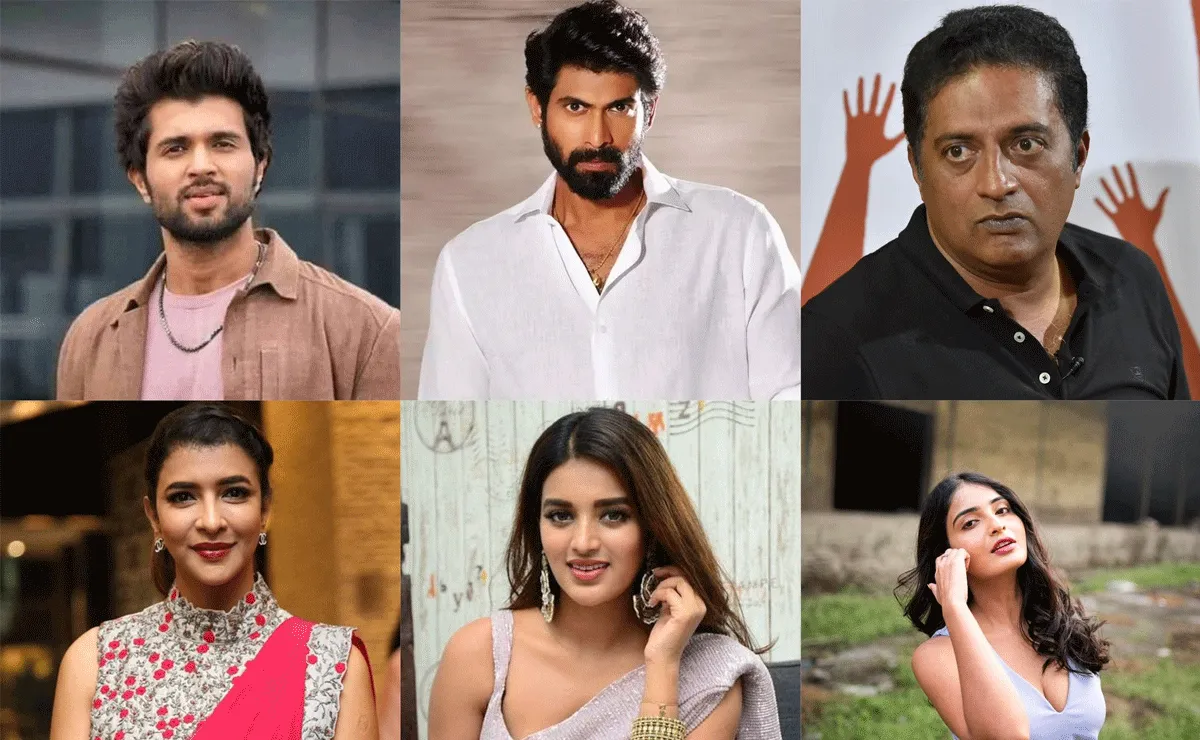There’s something strange and electric happening in Kerala’s soundscape. You feel it in the way auto drivers hum unfamiliar hooks, or how school kids are rapping in slang that wasn’t even allowed on TV five years ago. No, this isn’t your average Carnatic tune on a Sunday radio show. This is new. Gritty. Loud. And weirdly — super local. At the centre of all this? Two very different voices. One’s like a punch to the gut — Vedan, unpolished and furious. The other glides on smooth beats, catchy phrases, and confident charm — Fejo. But hey, before we turn this into a hero-worship article, let’s dig a bit deeper.
Who is Vedan?
Vedan is the kind of artist who is hated by some but loved as well. Not because he’s edgy for fun — he actually talks about stuff that makes people sweat. Caste? Yep. Cops? Sure. Colorism, poverty, the “clean” image Kerala likes to show the world? He smashes through it all. He’s not here to entertain. He’s here to disturb. And weirdly, it’s working.
Some of his early tracks didn’t even have proper beats — just voice and raw power. Not mixed for radio. Not made for reels. But somehow, they reached folks. Factory workers, students, activists… even folks with zero rap interest sat up and listened. He got heat too. Controversies followed. Rumors, misquotes, people twisting his songs. But he didn’t stop. Instead, he started something bigger — a space for others like him. A label. A platform. A call to arms.
Read also: How Keralas Wedding Music Found Its Groove Again
And Then There’s Fejo
Now Fejo, he’s a different trip altogether. The guy’s been around for ages. Back when Malayalam rap felt like a joke — like someone trying to imitate western styles without quite getting it — Fejo kept experimenting. No gold chains. No fake accents. Just rhymes that made sense to people in Thiruvananthapuram and Thrissur.
His style? More polished. Clean drops, smart flows, and a bit of swagger. He’ll use old-school Malayalam words one second and English punchlines the next. He’s even working with big-time film composers now. But the crazy part? He hasn’t lost that local kid feel.
Unlike Vedan’s in-your-face fire, Fejo delivers it with a smile. Like, "This is a very good line. and before you realize it's about sadness, you'll hum it. He must balance remaining commercial without going out of business. He's working thus far.
It’s Not Just Two Dudes and a Mic
The buzz? It’s everywhere. From the hills in Idukki to crowded trains in Kochi — this music’s leaking out of phones and into real life. There’s a bunch of artists you haven’t heard of (yet) who are rewriting the rules. There’s a crew doing trilingual rap, some girls flipping Mappila folk into trap beats, and even an auntie from Alappuzha who makes lo-fi poetry mixes on YouTube. Seriously. What’s wild is that none of these artists are trying to “go Bollywood.” They're just doing what feels true. Some use ancient lyrics. Some record in living rooms. Some don’t even perform live — they just upload and let the internet take over.
Why Is This All Blowing Up Now?
Here’s the thing — it didn’t happen overnight. But something clicked post-2020. First off, everyone’s online now. Your neighbor, your cousin, your tailor. If a track’s honest, it spreads. No label needed. Then came lockdown. With no jobs, no parties, and too many thoughts, folks started creating. Not all of it was great. But enough of it was real. And maybe, just maybe, people are done pretending that everything’s perfect. The polished family songs didn’t feel right anymore. These new voices? They did. Messy, angry, vulnerable — kind of like life.
Still Not Easy Out There
For all the attention, the scene’s still half-built.
- Venues? Barely any. Most indie artists are stuck performing in bars or college fests.
- Money? Not flowing. Streams don’t pay much unless you’re massive.
- Respect? Comes slow. Especially if you speak truth and not trends.
And yeah, some artists get hit hard when they talk about caste or religion. Troll armies. FIRs. Angry aunties. You name it. But here’s what’s different: they don’t back off anymore.
Read also: Music And Dance Festivals In Kerala
What’s Cooking Next?
This scene’s not done growing. Not even close.
Expect:
- More women on mics. Loud ones. Angry ones. Funny ones too.
- Dialects you didn’t think worked in music? They’ll be in the next viral track.
- Crossovers. Tamil beats with Malayalam slang. Hindi hooks on Thrissur verses.
- And yeah, more protest songs — because the world’s still a mess.
What’s clear is: this isn’t just a “moment.” It’s movement.
Always up for listening?
Here’s a challenge. Next time you’re scrolling past yet another remix or romantic duet, pause. Go find a raw Malayalam rap track. Not the commercial stuff. The rough ones. The ones with awkward audio but killer emotion. Play it once. You might not love it immediately. But you’ll feel something. Because right now, Kerala isn’t just making music. It’s telling stories. Honest ones. Loud ones. Ones we’ve all been holding in too long. And those stories? They're finally getting a beat.












